We are incredibly excited to announce our 2019 Research Grant Awardees, who are investigating a range of innovative and potentially high-impact topics in the OCD and related disorders field.
Their research holds the possibility for many new discoveries that will benefit patients, including new medications for OCD and new therapies for treatment-resistant OCD. Grant funding will support two projects that advance “precision medicine” in OCD treatment (i.e., making treatments better by making them more specific to the needs of each unique
patient). Two other projects investigate PANDAS and pediatric OCD, including a trial of Celebrex as a treatment for PANDAS.
The generosity of our donors has enabled us to invest $1.7 million in these exciting projects over the next three years! We are thrilled to make these awards in the milestone 25th year of our Research Grant program, which has supported over 100 research projects with a total of nearly $6 million in funding.
The reliable support of thousands of donors to the IOCDF Research Fund has sustained our Research Grant Program, allowing us to award funding to Young Investigators year after year. Through the support of anonymous donors, we have added Breakthrough and Innovator Awards, allowing us to make even more substantial investments in cutting-edge research. If you want to see your donation fund the next potential breakthrough in our understanding and treatment of OCD and related disorders, go to iocdf.org/research.
2019 Breakthrough Awards
Clinical Trial of Image-Guided Low-Intensity Focused Ultrasound Pulsation (LIFUP) for the Treatment of Obsessive Compulsive Disorder (OCD)

Wayne Goodman, MD
Baylor College of Medicine
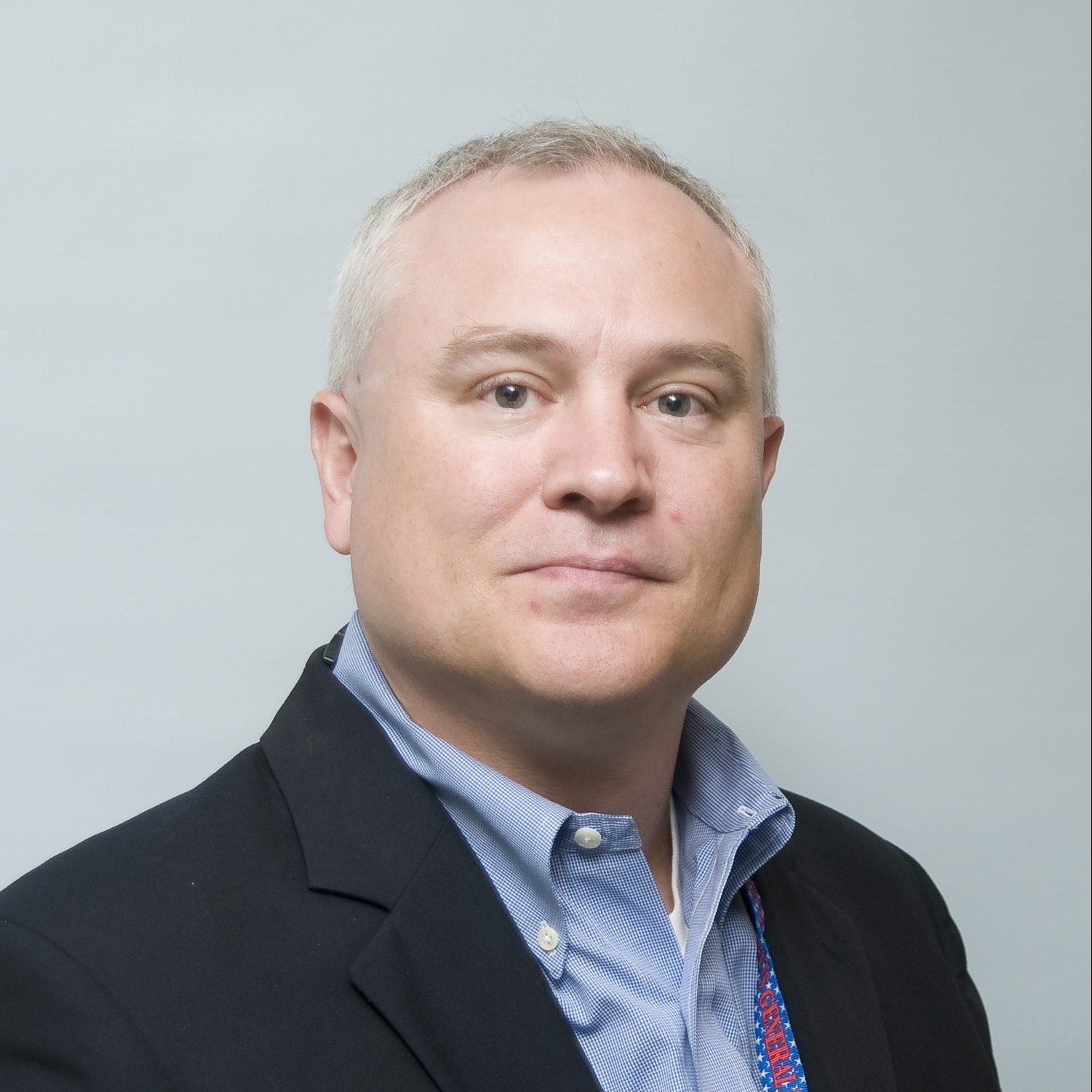
Darin Dougherty, MD
Massachusetts General Hospital
Award: $499,950
Project Description: About one in three people with OCD do not get better after trying first-line treatments. For patients with severe, treatment-resistant OCD, Deep Brain Stimulation (DBS) is an effective option, but requires surgery to implant electrodes within the brain and a pacemaker-like controller in the chest. Dr. Goodman and Dr. Dougherty are studying a new brain stimulation technique (LIFUP) that could mimic the effects of DBS but uses ultrasound to stimulate the brain, eliminating the need for surgery. This study will evaluate the safety and effectiveness of LIFUP in a group of 24 patients who have tried both ERP and at least two SSRIs but continue to experience OCD symptoms.
Pilot Study of the Glutamate AMPAR Modulator RR-HNK in OCD
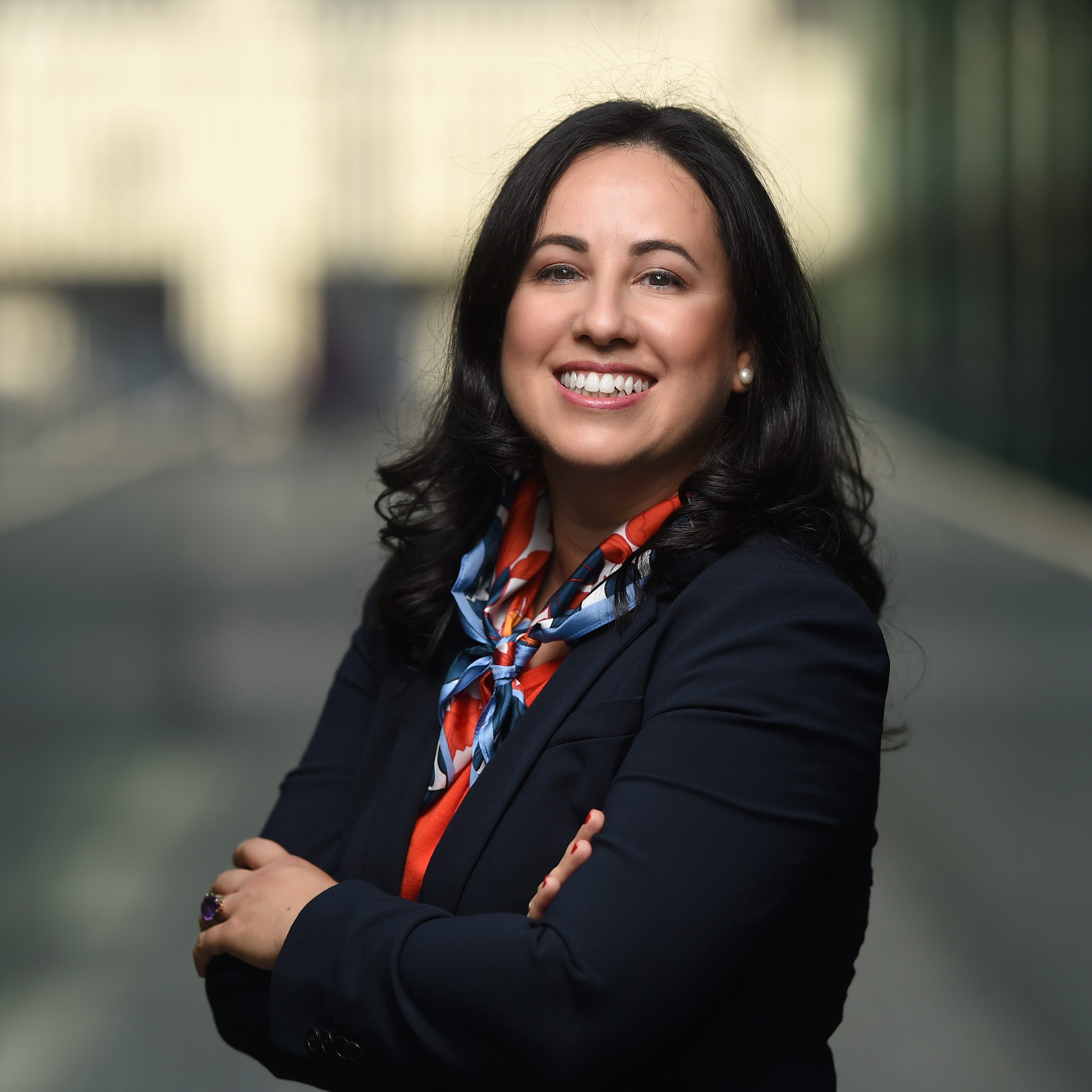
Carolyn Rodriguez, MD, PhD
Stanford University
Award: $498,393
Project Description: Currently available medications for OCD take up to two to three months to begin working and rarely relieve 100% of patients’ symptoms. Dr. Rodriguez is investigating new medications that could begin working faster and relieve OCD symptoms more completely. In a pilot study of ketamine as a treatment for OCD, she found that patients experienced immediate relief from symptoms after a single dose of ketamine, and that 50% reported the beneficial effects lasting one week or more. This grant funds a trial of an experimental drug (RR-HNK) that could potentially mimic the therapeutic effects of ketamine without side effects like nausea and disassociation.
2019 Innovator Awards
Assessing correlates of neuroinflammation in children with PANDAS, obsessive compulsive disorder, and healthy controls using Magnetic Resonance Imaging
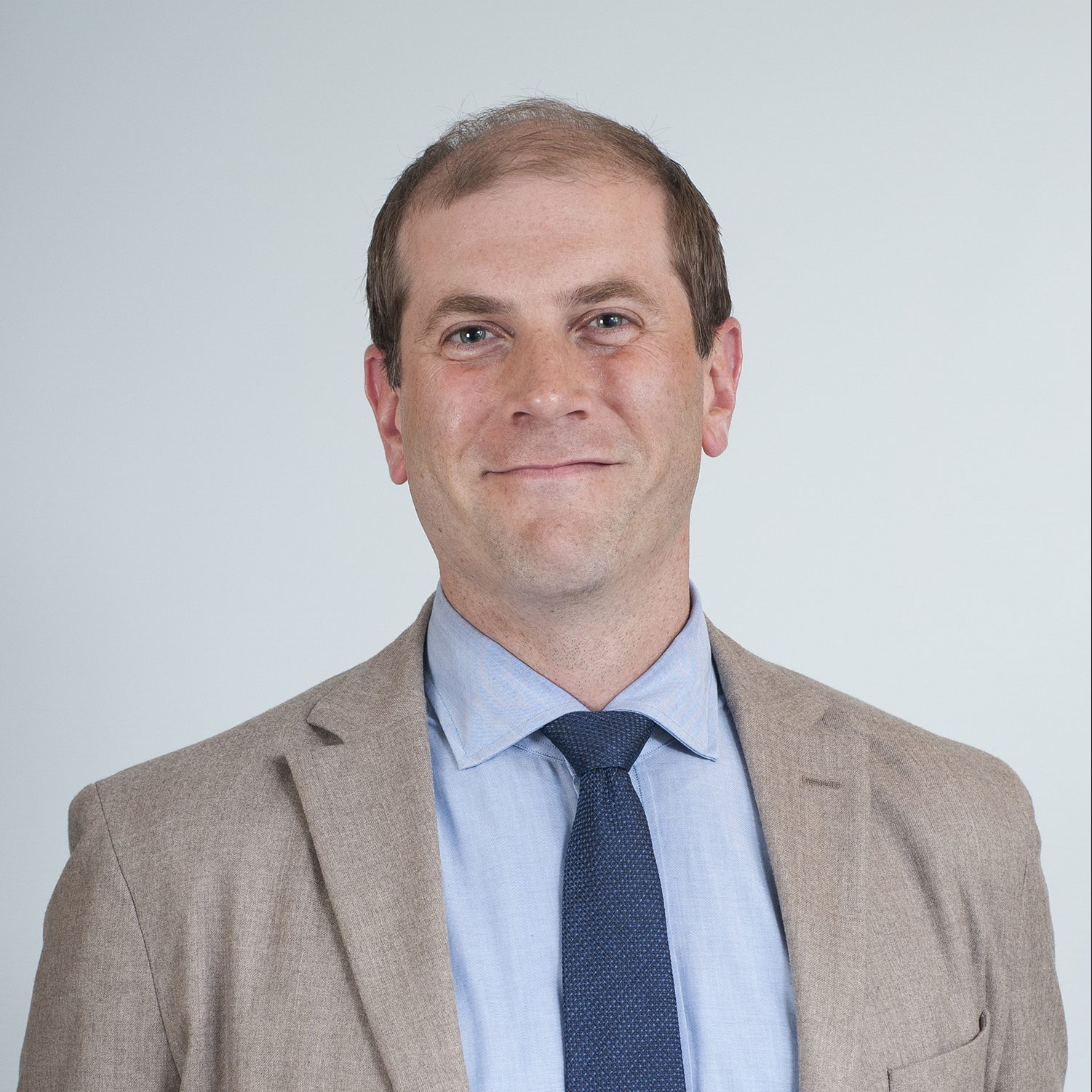
Kyle Williams, MD, PhD
Massachusetts General Hospital
Award: $299,018
Project Description: Inflammation of the brain is suspected to be present in children with PANDAS, but confirming this hypothesis is difficult. The best tools for revealing brain inflammation expose patients to ionizing radiation, which limits their use generally, but especially in children. Dr. Williams will use a new and innovative technique to measure inflammation with MRI, which emits no ionizing radiation. His study will compare children with PANDAS to children with pediatric- onset (non-PANDAS) OCD, as well as healthy children, to further our understanding of the role that inflammation plays in PANDAS.
Towards optimal use of internet-delivered interventions for obsessive compulsive disorder
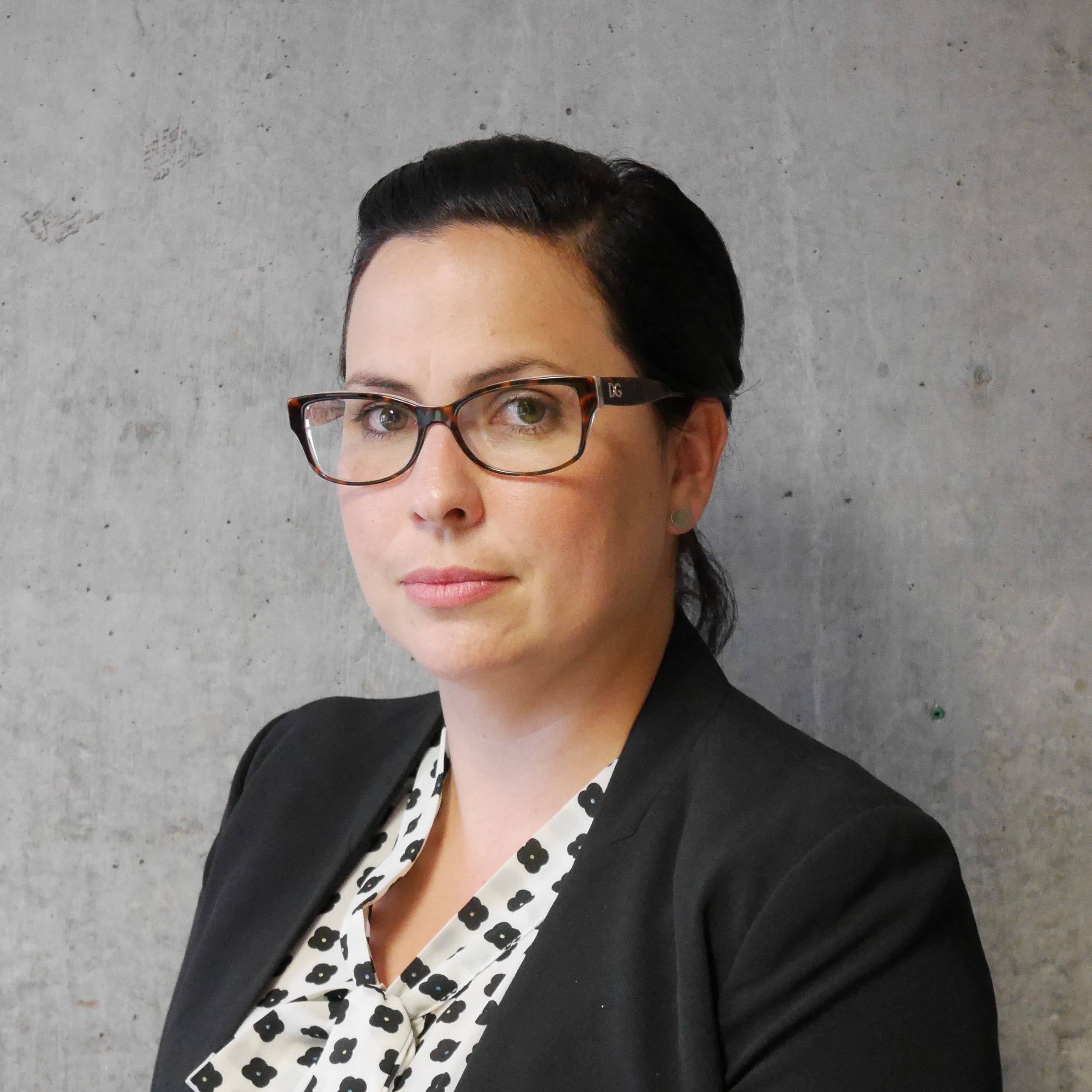
Bethany Wootton, PhD
University of Technology Sydney
Award: $292,040
Project Description: Cognitive behavioral therapy (CBT), including exposure and response prevention, is a proven and effective treatment for OCD. However, many people with OCD are not able to access effective treatment that is both affordable and located near where they live. Internet-based CBT has helped overcome many barriers to access, but we do not know much about which patients are best suited to try an internet-delivered approach. Dr. Wootton’s research will evaluate which patients respond best to internet-delivered CBT, and will help clinicians match patients to these services in a safer and more effective way.
2019 Young Investigator Awards
Circadian Rhythm Changes as a Predictor of OCD Symptom Severity and Outcome in Residential Treatment
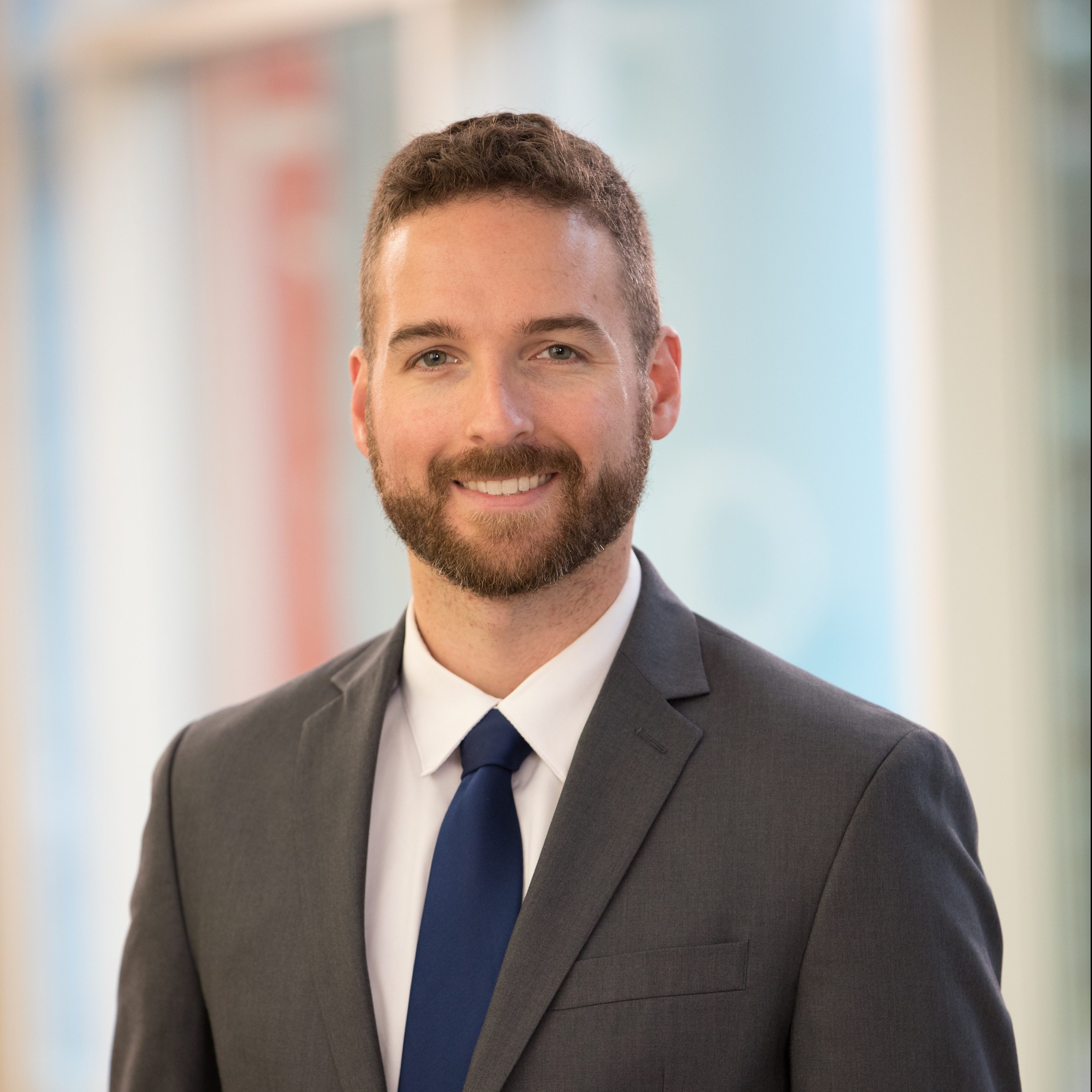
Jacob Nota, PhD
McLean Hospital / Harvard Medical School
Award: $49,944
Project Description: Problems with sleep — in particular a delayed sleep cycle where a person falls asleep late at night and wakes up in the late morning or early afternoon — have been associated with more severe OCD symptoms and poorer outcomes in treatment. Dr. Nota’s research will help clarify the cause and effect relationship between sleep and OCD symptoms, and what role sleep plays in patients with severe and treatment-resistant OCD. Findings from this project will reveal whether changing sleep patterns could help patients recover from OCD, and whether sleep-based interventions should be added on top of standard OCD treatments.
Celecoxib as an adjunct to treatment as usual in childhood-onset OCD: A double-blind randomized controlled trial
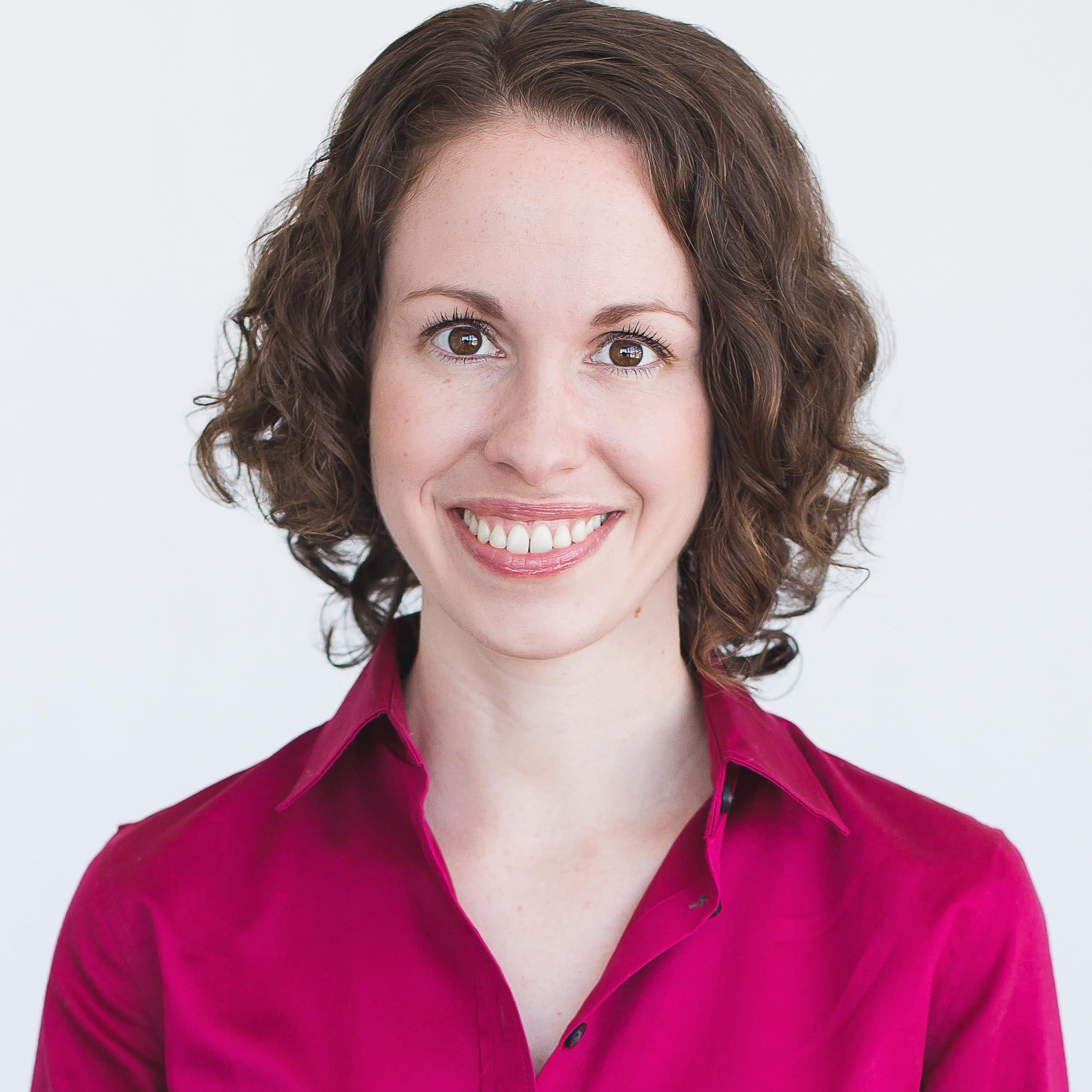
Clara Westwell-Roper, MD, PhD
British Columbia Children's Hospital Research Institute
Award: $33,038
Project Description: Non-steroidal anti-inflammatory drugs (NSAIDs) like celecoxib (sold under the brand name Celebrex) are increasingly recommended by physicians as a treatment for children with PANDAS. While there is some evidence that suggests that NSAIDs should help reduce symptoms, there has not yet been a randomized controlled trial to measure their effectiveness. Dr. Westwell-Roper’s study will provide high-quality data on whether celecoxib is indeed an effective PANDAS treatment.
Identification of Peripheral Biomarkers of Antidepressant Response in Obsessive Compulsive Disorder
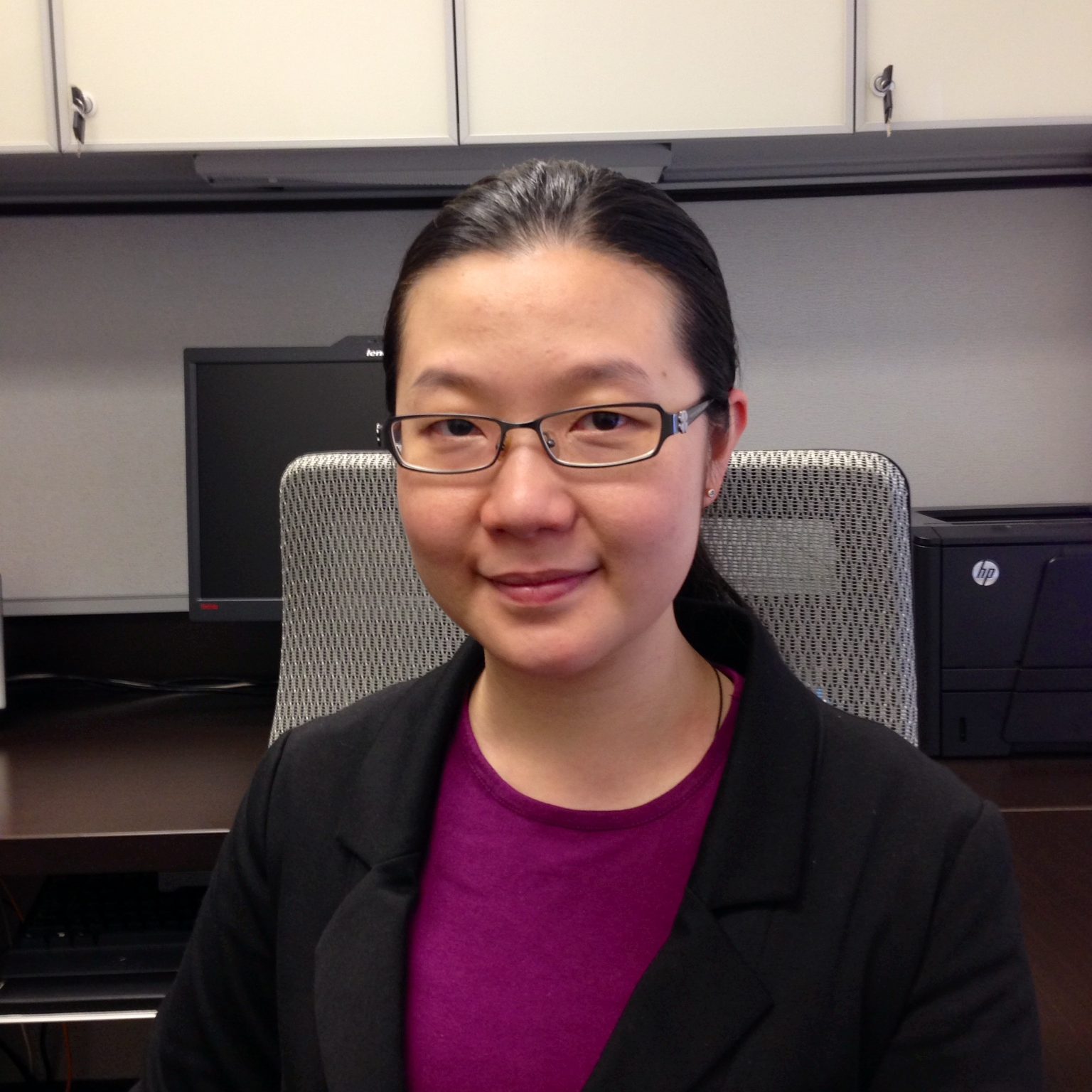
Gwyneth Zai, MD, PhD
Centre for Addiction and Mental Health
Award: $50,000
Project Description: Many people with OCD who take medication to manage their disorder need to try several different medications before finding one that works. This means months or even years of trying — and failing — to find effective treatment for their symptoms. Dr. Zai’s research seeks to reveal biomarkers that can be identified through a blood test, and could predict the type of antidepressant that will work best for each unique patient. Matching patients with effective medication immediately could dramatically improve outcomes for many people with OCD.

Leave a Reply